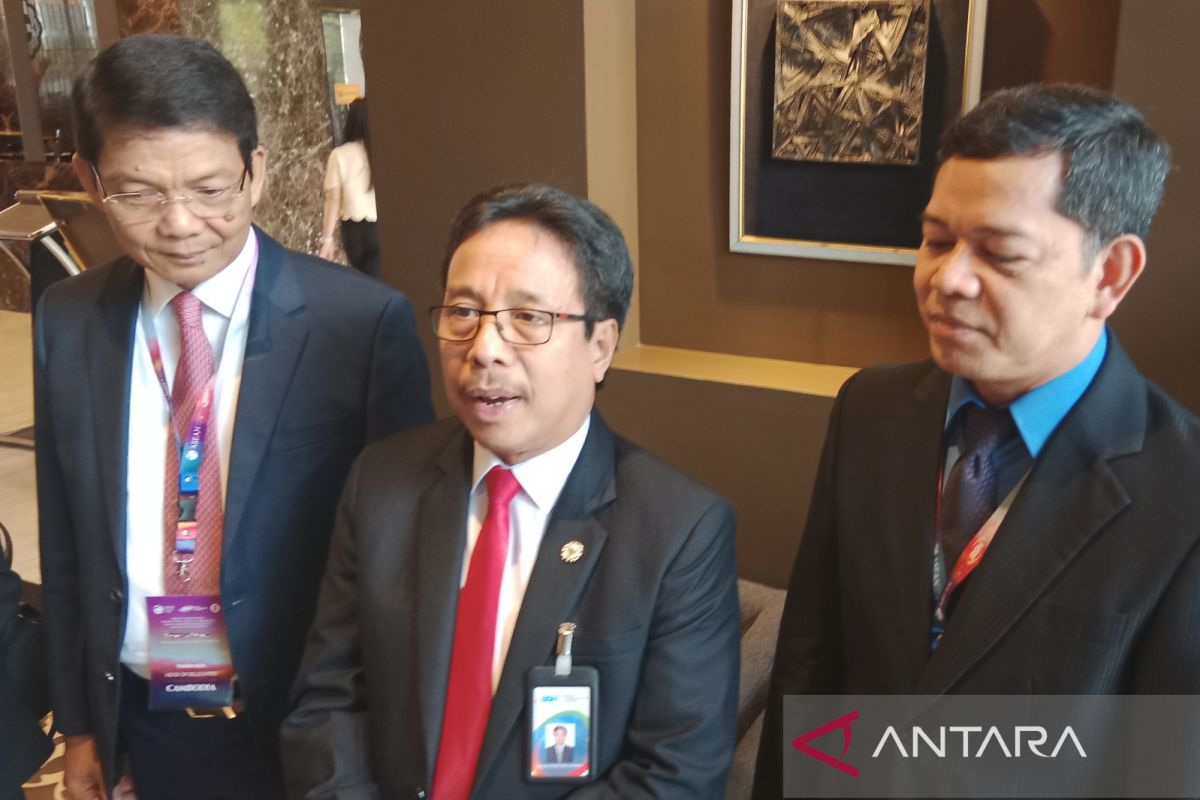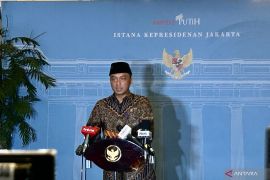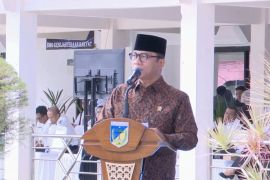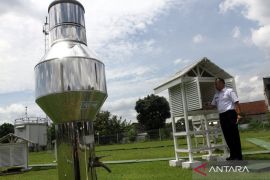
ASEAN nations discuss harmonization of standards for realizing SDGs

Yogyakarta (ANTARA) - The 59th ASEAN Consultative Committee for Standards and Quality (ACCSQ) meeting is being held to discuss the road map for the harmonization of standards to ensure the successful realization of the sustainable development goals (SDGs).
The meeting, which is being held from June 13 to 16, 2023, is being attended by representatives of the standardization and conformity assessment institutions of ASEAN member countries.
The harmonization of standards is required to ensure the quality of products, especially those manufactured by developing countries so that the products can compete internationally, Head of Indonesia’s National Standardization Agency (BSN) Kukuh S. Achmad said after opening the meeting here on Tuesday.
He said he believes that harmonization will further support the goods and services trade as well as help realize equitable prosperity in Southeast Asian countries.
"We (ASEAN member countries) do not aim to develop the same standards in each country, but we attempt to synchronize the standards in all ASEAN countries," he added.
Achmad informed that his agency has been tasked with completing the development of the Road Map of ASEAN Harmonized Standards to Support SDG Implementation under Indonesia’s chairmanship of ASEAN in 2023.
He stated that the road map is one of Indonesia’s 16 priority economic deliverables (PED) to make ASEAN, the Association of Southeast Asian Nations, a global growth center.
He continued that the road map also aims to increase trade productivity in the Southeast Asian region by improving production cost efficiency, preserving sustainable resources, and strengthening environmental protection.
The BSN head noted that ASEAN member countries have endorsed a number of initiatives during prior ACCSQ meetings, for instance, product acceptance agreements on various commodities, such as electronics and cosmetics.
Later, the same agreement will also be followed up for medical devices and automotive products, he said.
There are also a number of agendas that need to be realized, such as the development of an action plan by the Joint Sectoral Committee on Electrical and Electronic Equipment (JSC EEE) to map regional trade in the sector, he added.
Achmad emphasized that Southeast Asian countries must anticipate the threat of economic recession given the ongoing geopolitical tensions and trade war.
"It will be difficult for ASEAN to anticipate the recession if the member countries implement trade protection policies and do not encourage a mutually beneficial trade system," he added.
Pewarta : Luqman Hakim, Uyu Liman
Editor:
Andriy Karantiti
COPYRIGHT © ANTARA 2026







